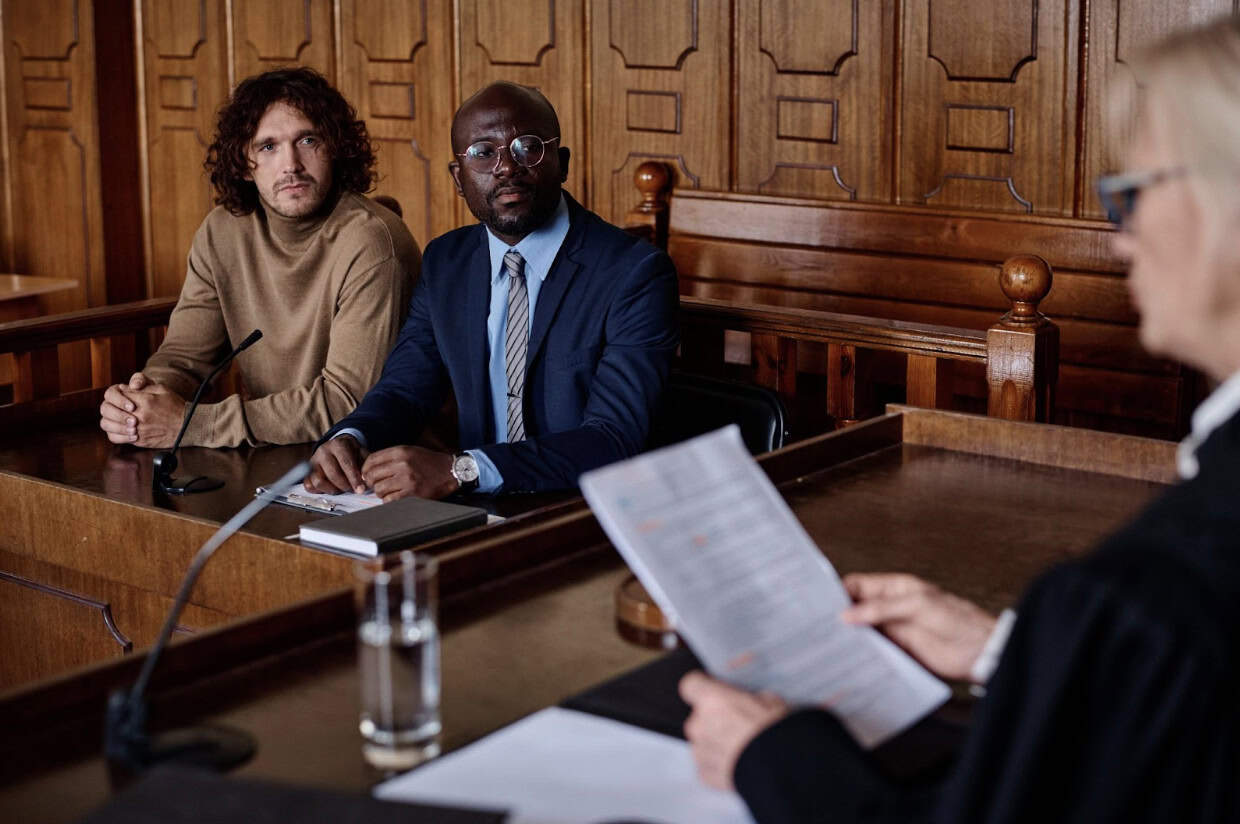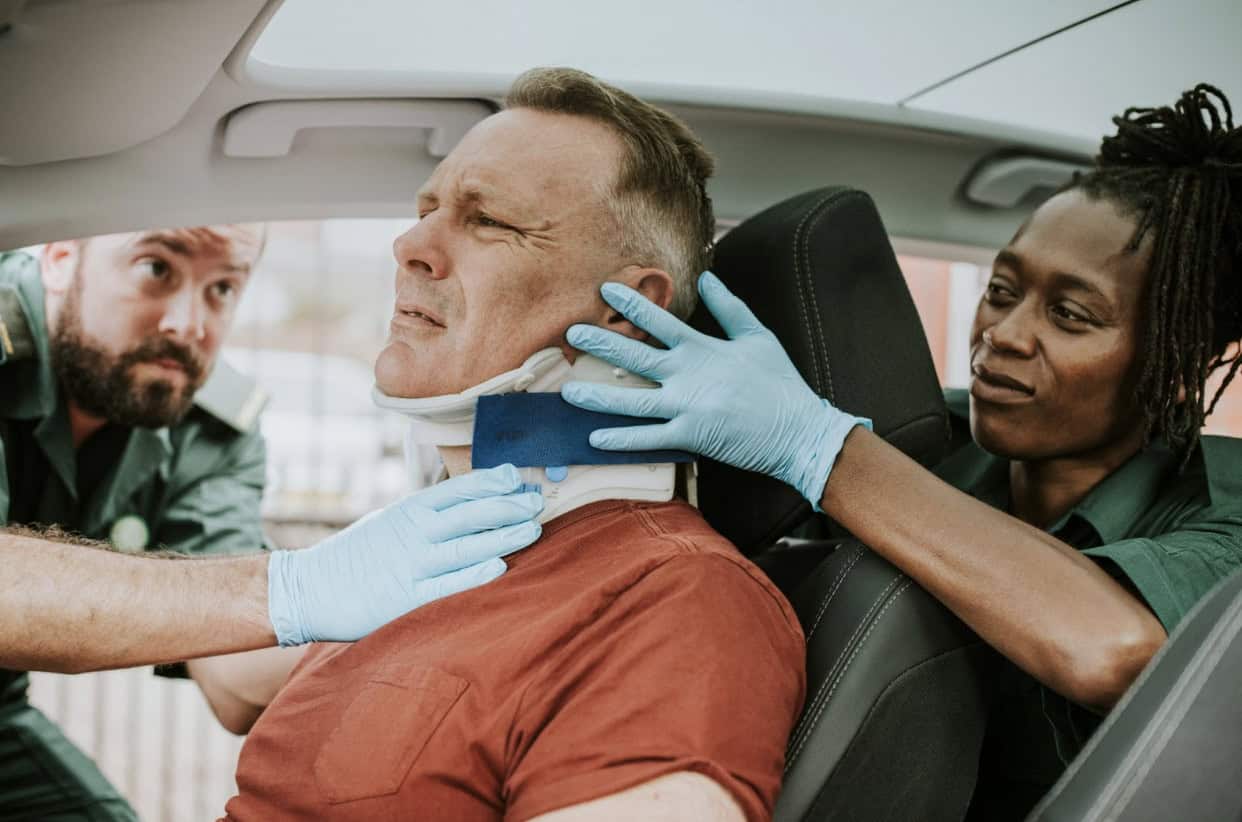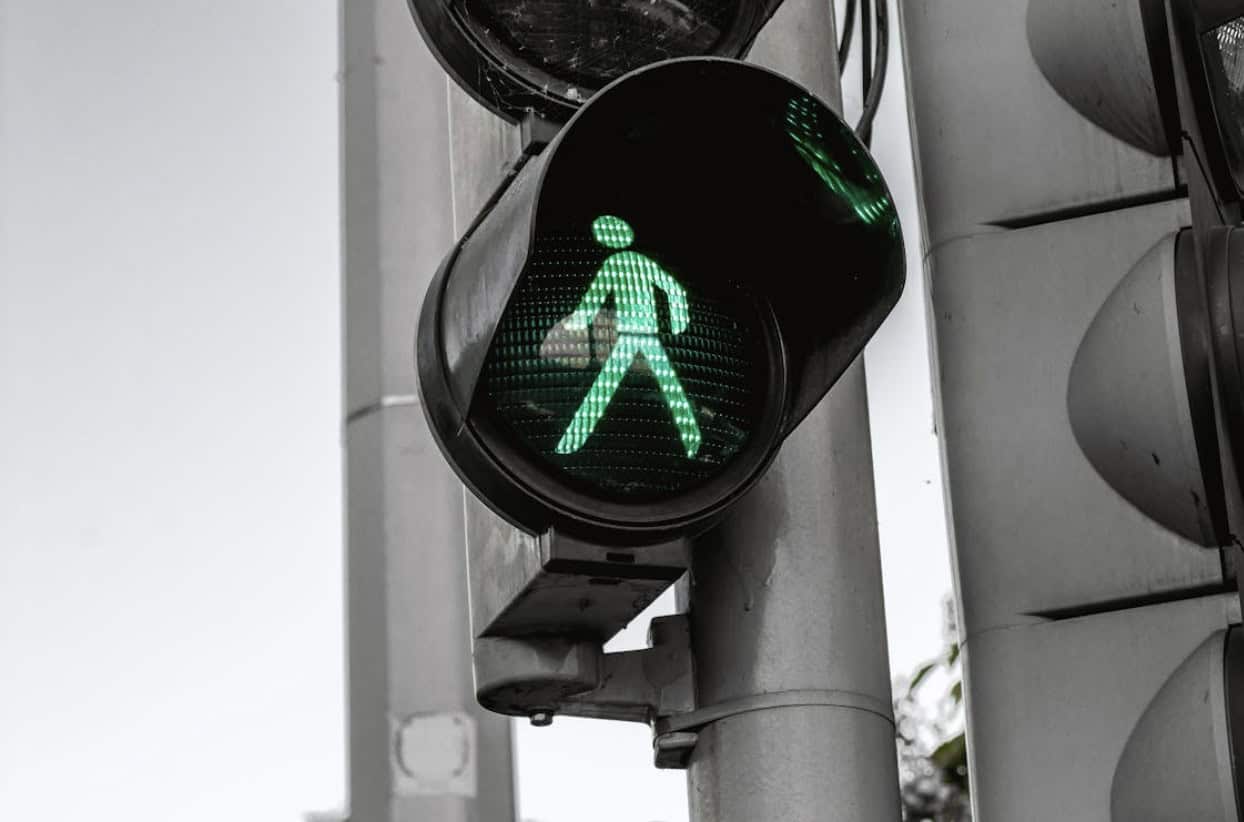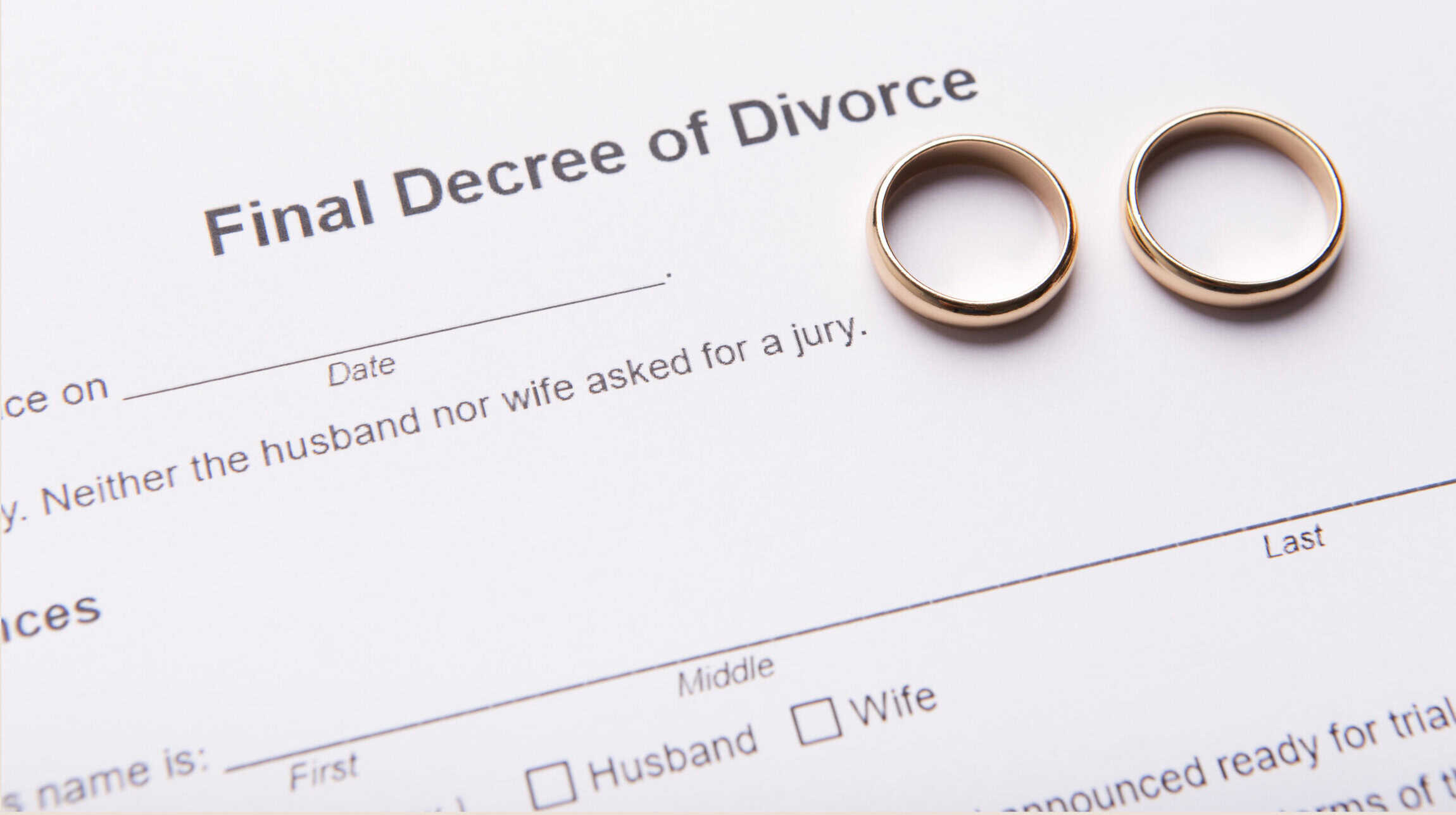When you’re hurt on the job, the workers’ compensation system can feel overwhelming. One of the most important milestones in the process is the workers compensation hearing before the Virginia Workers’ Compensation Commission.
If you’re wondering what happens at a workers’ comp hearing in Virginia, the short answer is that this is where disputed issues get decided by a Deputy Commissioner or workers compensation judge. The outcome can determine whether you are entitled to workers comp benefits or whether your workers comp benefits continue, change, or stop altogether, which is why preparation and having an experienced workers compensation attorney is critical.
Understanding Workers’ Comp Hearings in Virginia
A workers’ comp hearing is a formal court proceeding, similar to a bench trial in General District or Circuit Court. A Deputy Commissioner listens to evidence from both parties and makes a ruling based on Virginia law.
Unlike mediation or pre hearing proceedings, a comp hearing results in a binding judge’s decision. Hearings are typically scheduled when there’s a disagreement over ocmpensability of a claim or entitlement to compensation, medical treatment, lost wages, or eligibility. This makes them a pivotal step in your workers compensation claim.
Common Reasons a Workers’ Comp Hearing May Be Scheduled
There are many situations that may require a hearing request, including:
- Disputes over whether your accident and/or injuries are compensable under Virignia law
- Disputes over medical treatment or unpaid medical bills.
- Questions about an employee’s ability to return to work or perform light duty.
- Conflicts involving wage loss payments, Permanent Partial Disability (PPD), or Maximum Medical Improvement (MMI).
- Challenges from employers, insurance carriers, or claim administrators regarding the validity of the claim or entitlement to ongoing benefits.
Who Will Be Present at the Hearing
Expect to see several parties involved:
- You, the injured worker (claimant).
- Your employer’s attorney or the insurance company’s lawyers.
- A Deputy Commissioner, who acts as the judge.
- Medical experts or other expert witnesses.
- Witnesses such as coworkers, supervisors, vocational rehabilitation experts and nurse case managers.
- Your workers comp lawyer, who will guide you throughout the case and represent you at the hearing.
The Role of Evidence in a Workers’ Comp Hearing
Evidence is the foundation of your case. This may include:
- Medical records and testimony from your treating physician.
- Employment records, wage statements, and documentation of lost wages.
- Functional Capacity Evaluations (FCEs) and vocational rehabilitation reports.
- Documentation of restrictions, missed work, or job search efforts.
- Witnesses such as coworkers or family.
- Surveillance presented by the employer or insurance company, which your attorney can challenge.
What Happens Step-by-Step at a Workers’ Comp Hearing in Virginia
At a workers’ compensation hearing in Virginia, evidence is the foundation of the entire process. The judge relies on medical records, wage documentation, and witness testimony to weigh the facts and decide whether benefits should be awarded. The hearing itself unfolds in a series of structured steps where each side has the opportunity to present and challenge this evidence.
- Preliminary Matters – The Deputy Commissioner will discuss the issues (i.e., benefits sought by you and defenses asserted by your employer and their insurer, etc…) to be presented at the hearing with your attorney and the attorney for the defendants.
- Presentation of Evidence – Your attorney will present evidence first, including medical records and wage loss proof. The employer and insurance company will then present evidence in rebuttal.
- Direct Examination and Cross Examination – You will likely testify about your injury, medical care, and limitations. Doctors may testify live or through reports. Your attorney will handle direct examination while the insurance company’s lawyers may cross-examine you and your witnesses.
- Judge’s Decision Timeline – After the hearing, the Deputy Commissioner issues a written opinion, often within two to six months (but potentially longer) after the hearing. If either side disagrees, the appeal process allows a review by the Full Workers Compensation Commission and Virginia’s appellate courts.
How to Prepare for Your Workers’ Comp Hearing
Preparation can make or break your case. Be sure to:
- Gather all medical records, FCEs, and MMI reports.
- Review light-duty offers and restrictions.
- Meet with your attorney to prepare your testimony.
- Arrive on the hearing date early, dressed appropriately.
- Stick to facts supported by evidence, avoiding exaggeration.
What Happens After the Hearing
The judge’s decision may:
- Approve your claim and award workers comp benefits.
- Deny the claim entirely.
- Modify benefits, such as wage loss payments.
If your claim is denied, you can pursue the appeal process. If approved, you’ll receive clarification about payment start dates, medical coverage, and compensation for lost wages.
Tips for Strengthening Your Case Before the Hearing
Before moving into some of the most common questions workers have, remember that every hearing is unique, and careful preparation with your attorney ensures you’re ready for the judge’s decision.
- Stay in close contact with your treating physician.
- Document all work restrictions and medical treatment.
- Keep records of unpaid medical bills and wage loss.
- Follow medical advice to maintain credibility.
- Work with your workers comp lawyer to present evidence clearly and effectively.
Protecting Your Rights at a Workers’ Comp Hearing
Knowing what happens at a workers’ comp hearing in Virginia ensures you’re prepared for your only chance to present evidence and resolve disputes. Because the outcome affects your compensation, lost wages, and medical coverage, preparation and representation matter.
At Renfro & Renfro, our experienced workers compensation attorneys have guided countless employees through the workers’ compensation process, ensuring their rights are protected against the insurance company and employer. Contact us today to speak with an experienced workers compensation attorney who can help you navigate your hearing with confidence.
FAQs About Workers’ Comp Hearings in Virginia
How long does a workers’ compensation hearing take?
Hearings usually last 30 minutes to one hour.
Do I need to testify in person?
Yes, testimony is part of the process. Your lawyer may be able to allow to testify remotely by phone or video depending the on facts of your case.
Can I bring witnesses?
Yes, witnesses and expert witnesses can strengthen your case.
What if I disagree with the judge’s decision?
You may appeal to the Full Workers Compensation Commission.
What if the hearing is delayed?
A new date will be scheduled, and both parties will exchange information before continuing.






